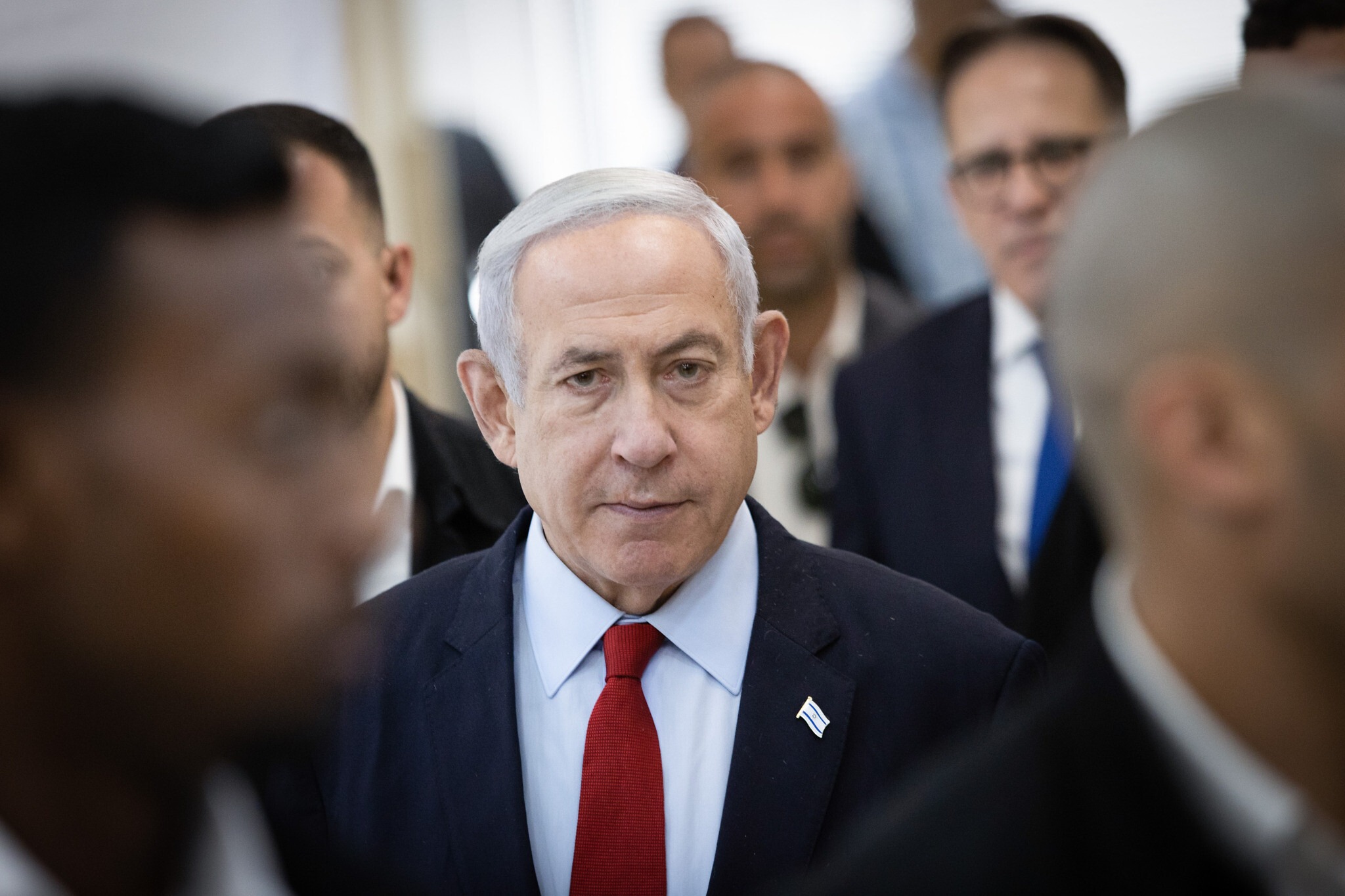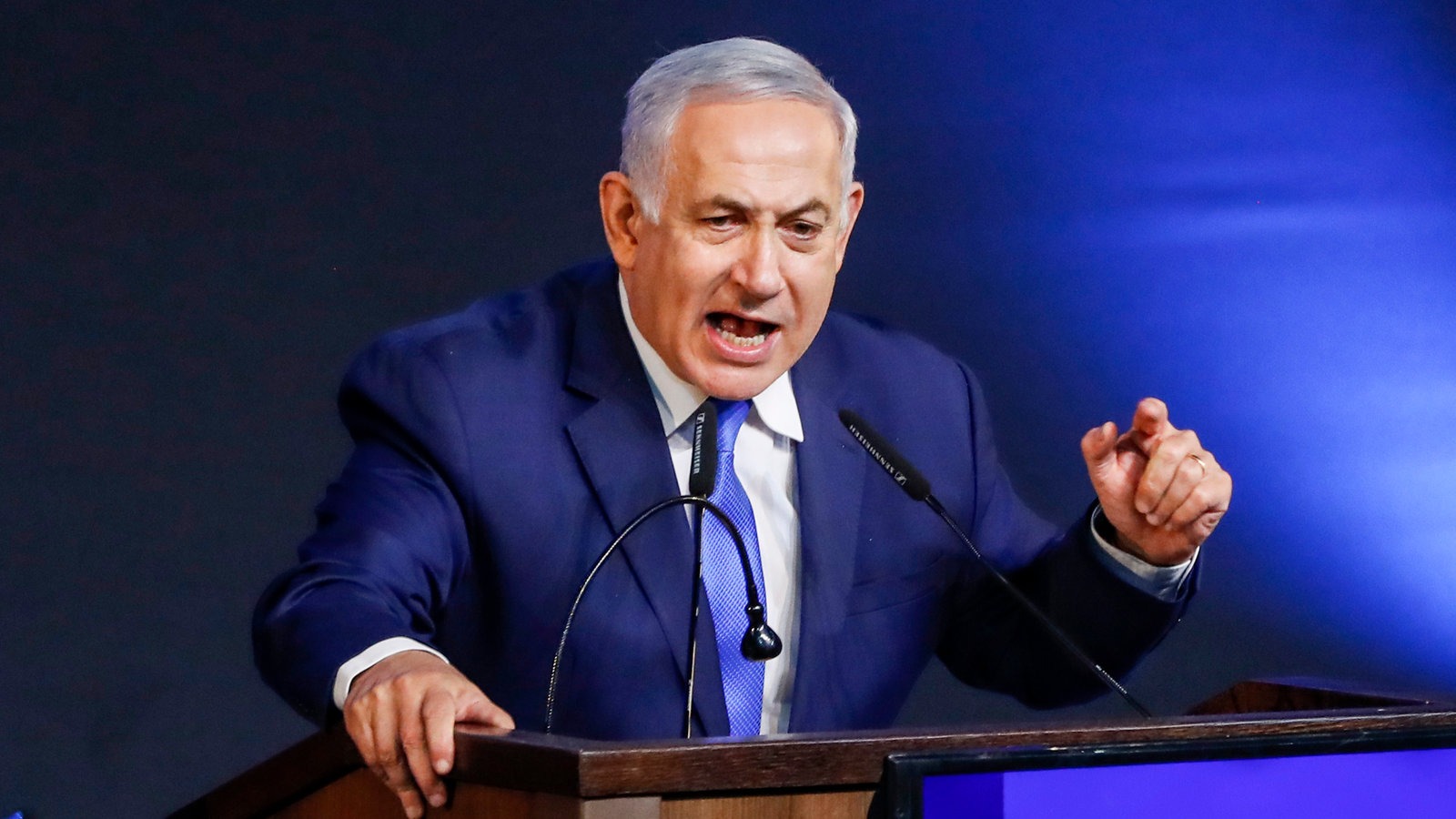Israeli Prime Minister Benjamin Netanyahu recently announced plans for an invasion of the southern Gaza Strip city of Rafah despite opposition from many allies, including the U.S.
Netanyahu’s statement, shared in a social media video as reported by The Times of Israel, emphasized the need to enter Rafah and eliminate terrorist groups. However, he did not provide specific details or the timing of the offensive.
This announcement follows Israel’s withdrawal from Khan Younis, which left mass destruction. The country also faced criticism for the recent killing of seven aid workers from the World Central Kitchen charity.

Benjamin Netanyahu (Credits: The Times of Israel)
John Kirby, spokesperson for the National Security Council, mentioned on CBS’s “Face the Nation” that Israel’s withdrawal from Khan Younis was seen as a chance for its forces to regroup for future operations against Hamas. The U.S. has expressed opposition to a ground operation in Rafah and encouraged exploring alternative approaches to address Hamas’s presence there.
The potential invasion of Rafah has raised concerns, particularly as about half of Gaza’s population has sought refuge in Rafah. Leaders from Jordan, France, and Egypt called for an immediate and lasting ceasefire in Gaza. They urged Israel against an offensive in Rafah, citing the risks of further casualties and displacement.
The toll of the conflict has been important, with over 33,000 Palestinians reportedly killed so far. Efforts to negotiate a ceasefire are ongoing, with CIA Director William Burns involved in talks mediated by Egypt and Qatar. However, these discussions have not yet produced tangible outcomes, as Hamas recently rejected a proposal from Israel, the details of which remain unclear.

Benjamin Netanyahu (Credits: The New York Times)
The situation is further complicated by the issue of hostages held by Palestinian militant groups. Hamas attacked Southern Israel on October 7, resulting in the deaths of 1,200 people, and as of the latest reports, 134 hostages remain in their custody.
Families of hostages, like Omer Neutra’s, have expressed frustration over the lack of progress in negotiations and the ongoing terror they endure. The conflict in Gaza continues to draw international attention and calls for de-escalation, with concerns about the humanitarian impact on civilians and the need for a sustainable resolution to prevent further loss of life and suffering.























